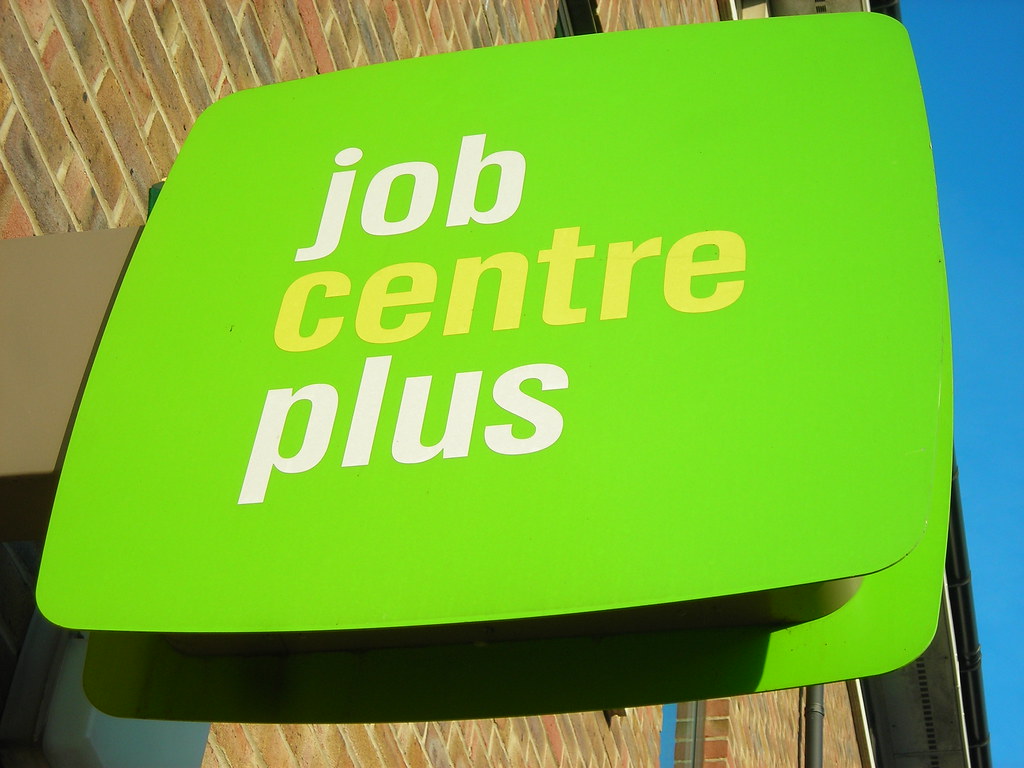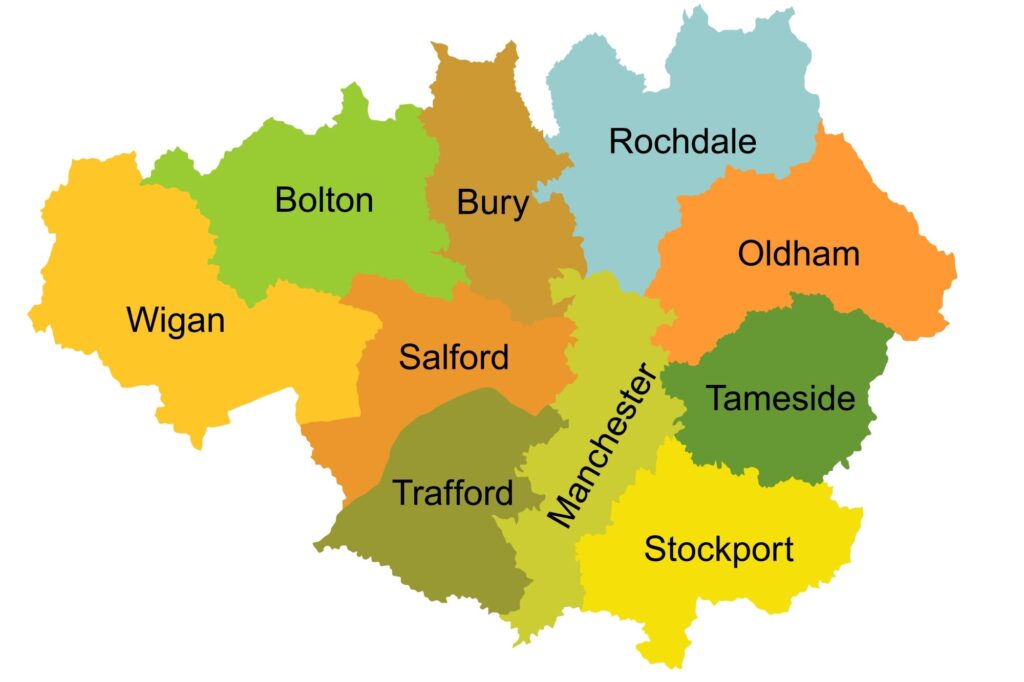In her conference speech, Theresa May committed her government to achieving ‘an economy that works for everyone’. In this, she is touching on a point that many of us have known, and sought to respond to, for decades – that poverty and inequality persist, that this is unacceptable and that the prevailing economic model leaves too many people behind. The question is, how far is the government prepared to go in solving systemic poverty and inequality?
Challenges on the ground
I was thinking this as I attended the Spirit of Manchester awards recently. This is an annual celebration of the voluntary, community and social enterprise sector, organised by Macc – the support organisation for the sector in Manchester. The award process involved hundreds of applications, with a shortlist including food banks, debt advice services, campaigns to address low wages, support groups for those facing benefit sanctions and children living in poverty. On one hand, this event revealed the energy and resilience of civil society in the face of unprecedented public sector austerity (with cuts to sector estimated to be over £3bn nationally). On the other hand, it revealed the growing poverty and hardship, and how the economy is clearly not working for an increasing majority of people. Groups I spoke to talked about ballooning demand for their diverse welfare services (as mainstream services face cuts) and the challenges of eking out a brittle and vulnerable offer with diminishing resources.
The potential of inclusive growth
To get an economy working for everyone, the government will need to find a new way. In this it is likely they will turn to the economic approach – inclusive growth. This agenda opens up possibilities, as it recognises that one of the ways out of poverty and hardship is through sustainable growth and a well-paid job. Indeed, any business growth could lead to an increase in public sector income through better business rates. Public investment in city centres and new infrastructure could trigger new private investment and jobs. Successful and profitable businesses may want to be more social, ramping up their corporate social responsibility and philanthropic activities. Furthermore, inclusive growth acknowledges that poverty-related issues such as ill health and low self-esteem can affect productivity and economic output. As such, we can envisage more investment in (some) social aspects as an input into growth. That is all good.
‘After the fact’ strategies
For many who have been exasperated by a lack of focus on poverty, inclusive growth offers hope. But let’s be clear on its potential and weaknesses.
Firstly, inclusive growth activity is broadly about ‘after the fact’ economic development strategies centred around the fruits of growth. Such strategies accept that the current economic systems produce unequal results, so there is a need for policies to tackle that fact. In this regard, inclusive growth may repeat a long line of employment programmes, access-to-work and skills policies, which have all done their bit, but have not been voracious enough.
Indeed, as poverty and inequality is now much more ingrained, and with huge issues in labour markets as regards low pay, it is highly unlikely that ‘after the fact’ policies seeking the bridge the gap between poverty and economy, can look to jobs and employment alone. Furthermore, if we seriously wish to make inroads into inequality and poverty, we need to look to areas where the big differences can be made. In this, as the esteemed economist John Kenneth Galbraith wrote in The Culture of Contentment, the ‘only effective design for diminishing income inequality inherent in capitalism is progressive income tax’. Is progressive taxation and a reversal of public sector austerity on the table in the ‘inclusive growth’ agenda or is it outside the realms of what the government may find comfortable?
Acquiescence to the mainstream model
Secondly, having initially emanated from the OECD, IMF and World Bank, inclusive growth may not be driven by an abiding sense that the economic and social model is flawed and therefore must be fundamentally altered. Inclusive growth is more of an acquiescence to the current model, driven by worries over social unrest and electoral turbulence, and also a realisation that the poor are bad consumers. This is not a social justice, social welfare or equalities agenda. It is broadly an economic development agenda with a bend to more social outcomes from growth, with some consideration of social inputs. Indeed, without growth, or with meagre growth, inclusive growth may offer the poorest very little. Of course, the reality of the situation is that many places do not have growth anyway, and tellingly none of the 39 local enterprise partnership areas have returned to the rates of growth experienced pre-recession. These are the very areas where social hardship is at its greatest.
An opportunity for devolved administrations
Of course, there is an opportunity. With a government narrative around inclusion emerging, the game is definitely on for devolved administrations, local political leaders, poverty campaigners and policymakers to move beyond ‘after the fact’ policies and consider social justice and equalities.
In particular, devolved administrations could use this opportunity to articulate and pursue bespoke activity that considers equality and the deeper and fairer allocation of resources, as regards investment in social, cultural, democratic and environmental activity. If this is the case, it must:
- Aim for an inclusive state and highlight to government why austerity should be reversed
- Make the case for new forms of fiscal decentralisation within fair national redistribution frameworks, including progressive taxation
- Look at long-term wealth ownership proposals, which create ‘good’ local economies and a good local society
There is promise in the inclusive growth agenda but it will not be enough to have ‘after the fact’ policies. Solving poverty and creating an economy that genuinely works for everyone requires a voracious commitment to change. Without this focus, the inclusive growth agenda will follow a long historical line and will surely struggle to achieve what it sets out to.
Cover Photo by Hamed Parham

















I agree with your misgivings about inclusive growth, Neil.
The emerging findings report published by the Inclusive Growth Commission still has too much emphasis on economic activity and GVA, because of the persistent belief in trickle-down and the newer belief that what is described as high skill jobs/sectors in city centres and the core cities are a central part of the solution rather than probably part of the problem.
The report recognises the need to link the social and the economic without really getting to grips with it.
The work that we need doing to develop the good local society/economy in all our communities is in high-quality early years services (because of the intrinsic evidence-based sustained benefit to children and families, as well as enabling parents to work), in high quality social care (in mental health, older people, learning disability, and children looked after services, in particular), in sustainable local energy and transport developments, in good quality homes and local shared space, in local sustainable food.
I think that in the context of the IGC report these would be described as “lower and middle-end” skill areas.
The provision of high quality early years and social care services requires high levels of expertise throughout direct intervention, training, supervision, management and administration. This work is highly skilled, highly valuable to communities, should pay well and provide career structure, and needs doing everywhere.
That’s the work that brings together the social and the economic in real life.